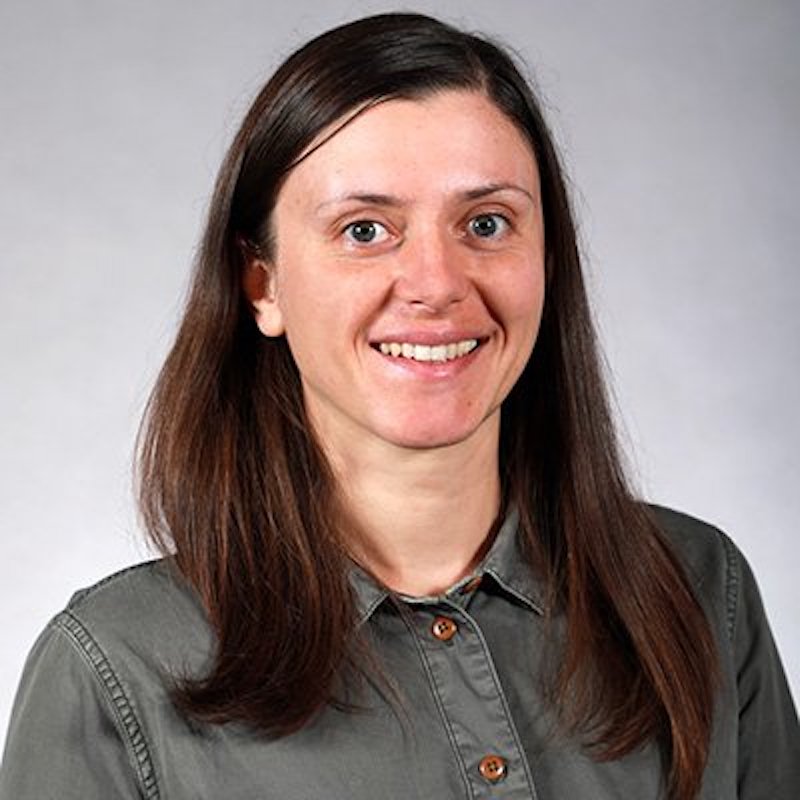Dr. Mariya Zheleva is an Assistant Professor in the Department of Computer Science and Director of the Ubiquitous Networking Laboratory (UbiNET Lab) at the University at Albany. In 2019, she became the recipient of the highly competitive National Science Foundation’s (NSF) Faculty Early Career Development (CAREER) Award. This award came with funding of $510,494 which is being used to develop a framework for spectrum measurement and a long-term, integrated program of research, education and outreach related to spectrum sharing. Dr. Zheleva’s CAREER Award came at the heels of another NSF grant of $1.5 million to support her research helping rural communities in Upstate New York to substantially improve emergency preparedness and response. She was also a recipient of a 2019 University at Albany President’s Award for Exemplary Public Engagement for her leadership in closing the connectivity gap in rural communities.
RESEARCH INTERESTS:
Dr. Zheleva’s research focus is on wireless networks for infrastructure-challenged regions, characterized with low-bandwidth Internet gateways, lack of reliable electricity and sparse populations. In order to connect such regions, she has designed distributed cellular network systems to provide voice, text messaging and data connectivity. She is also working on Dynamic Spectrum Access systems for long-distance high-bandwidth connectivity.
In the past, Dr. Zheleva has worked on other projects related to wireless networking including monitoring, medium access control for 60 GHz networks and smart phones.



